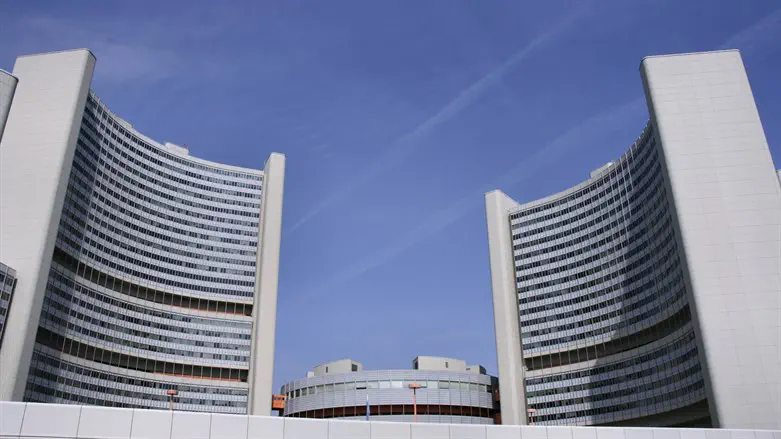
Inspectors from the International Atomic Energy Agency (IAEA), the UN nuclear watchdog, left Iran on Monday after talks with the head of its nuclear energy organization, without saying whether they addressed an impasse over uranium traces at undeclared sites, Reuters reported.
The IAEA announced last week that a technical team would visit Tehran in a bid to resolve a years-long impasse over an inquiry into undeclared uranium particles found in Iran.
The visit was aimed at "addressing the outstanding safeguards issues previously reported", an IAEA spokeswoman said.
Iranian media said the IAEA delegation, led by the its deputy director general for safeguards, Massimo Aparo, held negotiations with Iranian teams and met Mohammad Eslami, head of Iran's Atomic Energy Organization.
The two sides exchanged views on "future joint cooperation and programs, in addition to safeguarding issues", ISNA said.
The IAEA has long been pressing Iran to provide answers on the presence of undeclared nuclear material found at three sites.
A recent report by the agency concluded there had been "no progress" in the long-standing probe, which has been a key sticking point in talks on a return to the 2015 nuclear deal.
Speaking at a conference in Tehran, Kamal Kharrazi, a senior adviser to Supreme Leader Ayatollah Ali Khamenei, said the issue of nuclear safeguards was the last one to resolve ahead of reviving the deal.
"Iran is ready to return to its JCPOA (nuclear deal) obligations. Many problems have been resolved in the negotiations, now the only issue is safeguards," he said, according to Reuters.
"We hope that this matter will be resolved during the visit of the (U.N. nuclear) agency's delegation to Tehran," added Kharrazi.
The impasse over the agency's probe comes as wider talks to revive the 2015 nuclear deal are stalled.
Iran in September announced it had submitted its comments to the US response to the European Union’s draft for reviving the 2015 Iran nuclear deal.
While Iran’s Foreign Ministry spokesperson said at the time that Iran’s response was prepared based on a constructive approach, a senior Biden administration official said the Iranian response "is not at all encouraging.”
A US official later said that the efforts to revive the 2015 Iran nuclear deal have “hit a wall” because of Iran's insistence on the closure of the UN nuclear watchdog's investigations.
The US envoy for Iran, Robert Malley, subsequently said Iran's crackdown on protesters and the sale of drones to Russia have turned the United States' focus away from reviving the nuclear deal.

